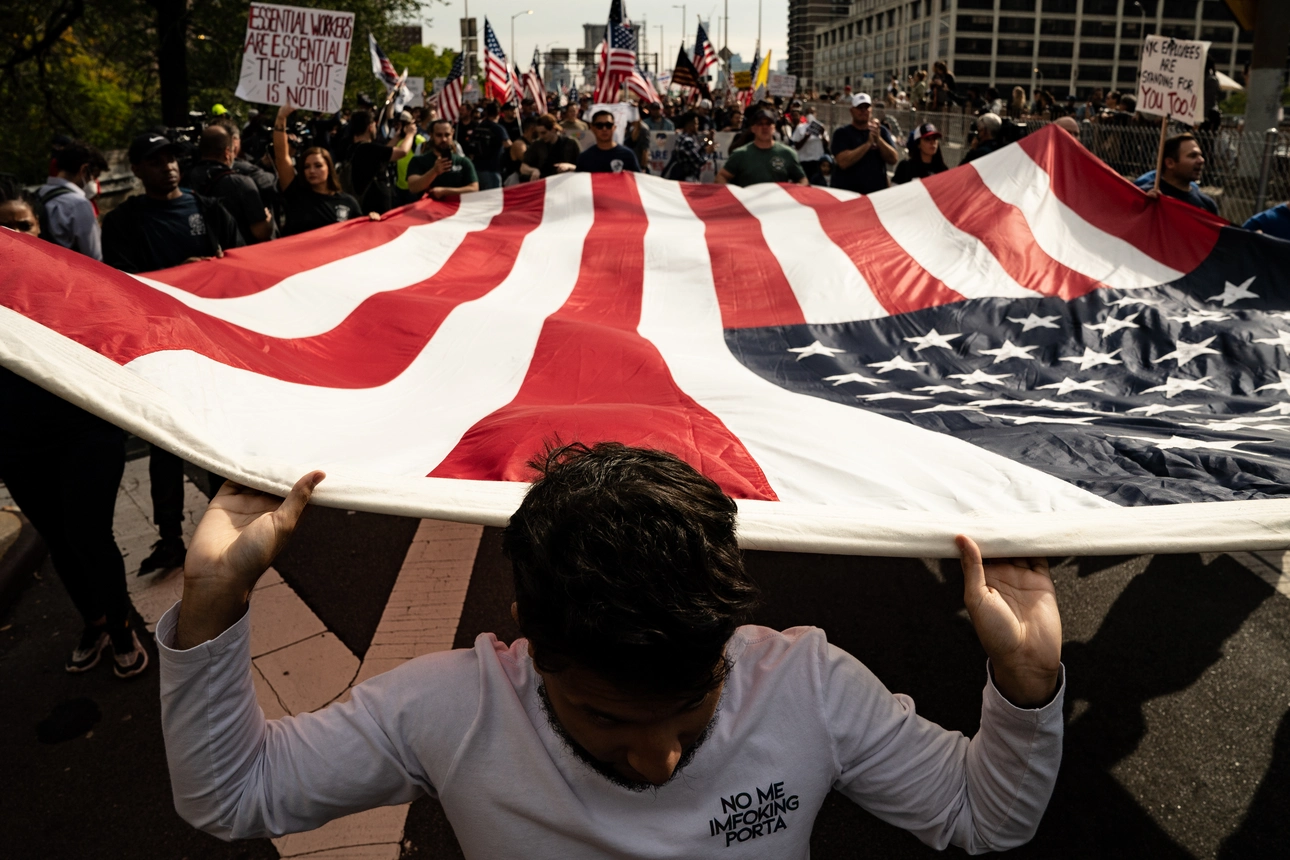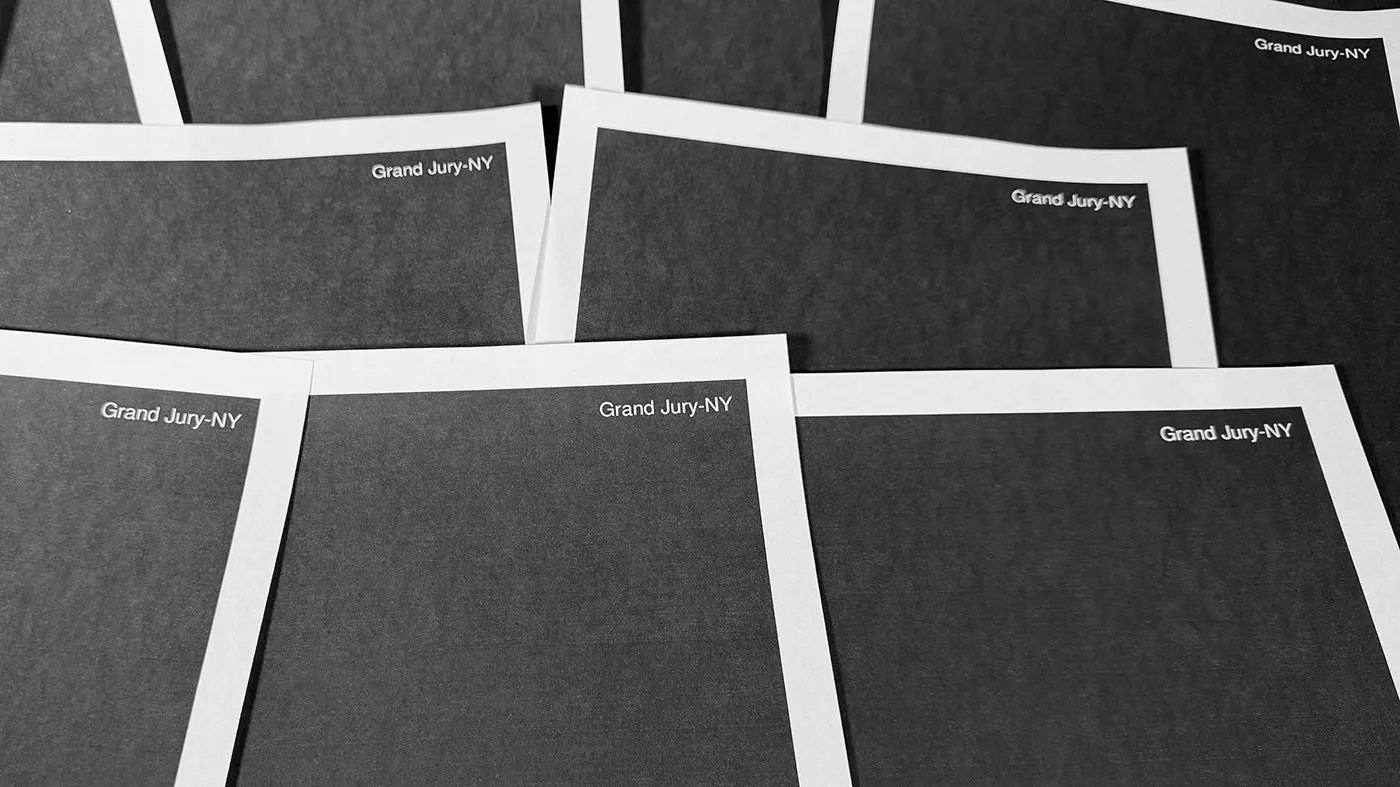In this season of gratitude and goodwill, we’re greeted with headlines reporting revenge travel, revenge dressing, revenge impeachments and revenge of presidential proportions in the 2024 campaign of Donald Trump. But are Americans avengers?
The answer was simple once. Yes, we dreamed of revenge, cheered it at theaters and sports arenas, secretly wished it upon bosses and double-crossers. We prayed revenge would right family slights and false friends. Yet we respected the line between fantasy and action. Our society demanded it. Vengeance was considered uncivilized, unethical, an act of ugly self-destruction. We denied the need to get even.
In recent years though, we’ve seen a surge in vindictive behavior. Judges, journalists, politicians and their families have been targeted with violent reprisals. Online encounters trend spiteful, with TikTok and Bumble fighting the spread of revenge porn. Corporate culture plays like a mud-pit production of “Measure for Measure,” starring Elon Musk. And congressional midterms are a grudge match, the next round scheduled for January, according to the headlines: “The GOP captures the House — and is ready for revenge.”
If we are engaged in a “battle for the soul of the nation,” as President Joseph Biden says, we are struggling with the rules of engagement. More than ever, retaliatory behavior tempts us, as we confront anti-democratic forces at home and abroad. Stung, we wonder how to best address injustice: I shouldn’t seek an eye for an eye, but I can’t turn the other cheek either. How did we get here, and where do we go?
When I first studied revenge 20 years ago, it was hard to find Americans willing to speak openly about settling scores. I had to travel overseas to find communities that embraced their revenge heritage, while researching my book Revenge: A Story of Hope. In northern Albania, I met Mark Pashko Malotaj, a retired farmer and one of six Christian members of the local Blood Feud Committee. I asked him, “How does your canon [revenge code] fit in with ‘Turn the other cheek’?”
Mark laughed: “In Albania, we have a saying, ‘Don’t hit my cheek because I’ll kill you.’”
In the cobblestone alleys of Sicily, cradle of la vendetta, even the clergy acknowledged rough justice. Padre Ennio Pintacuda, told me, “If you don’t take revenge, you’re like a woman!”
In Iran, vengeance rites were so mainstream, the justice system incorporated them. In the holy city of Qom, Grand Ayatollah Adbdul Karim Musavi Ardebily, Chief Justice of Iran’s Supreme Court, told me about a case in which a man had thrown acid in the face of his beautiful wife. She took him to court.
“I want his eyes,” the woman said, rejecting her husband’s $7,000 offer in blood money. “I want to blind him as he blinded me.”




